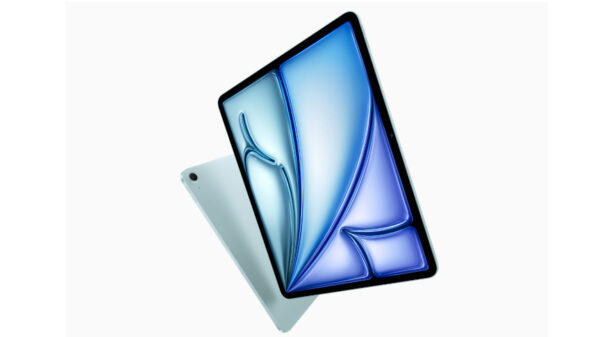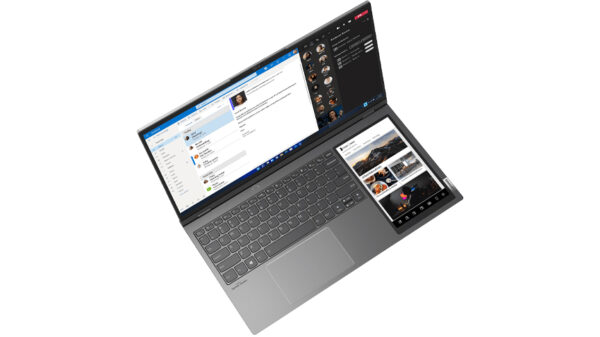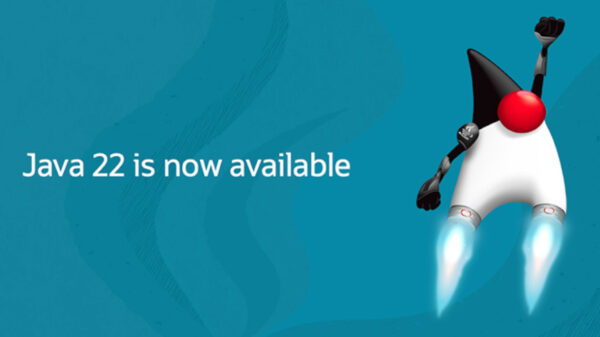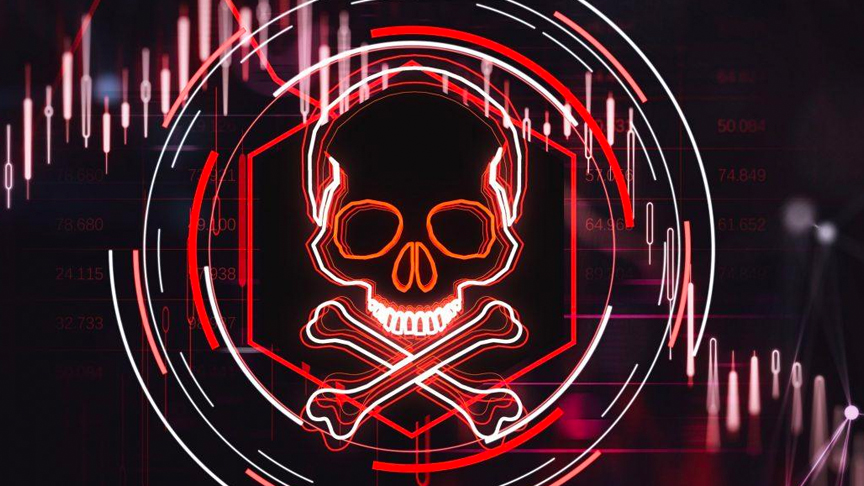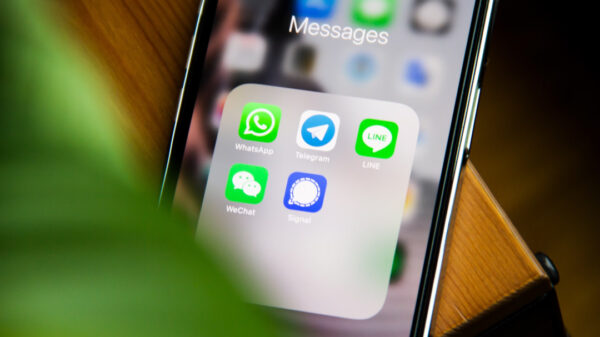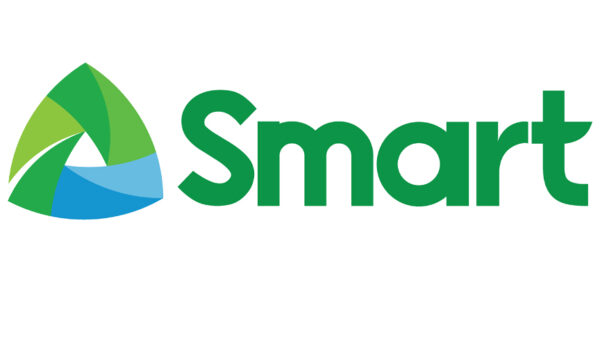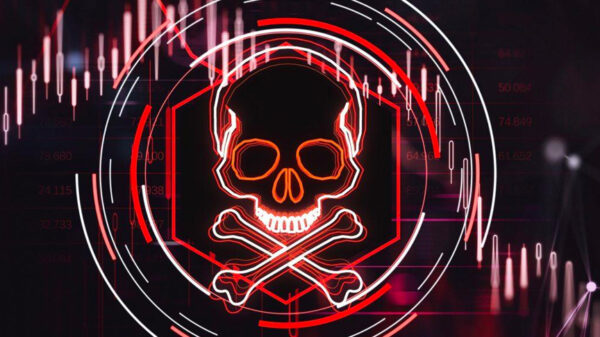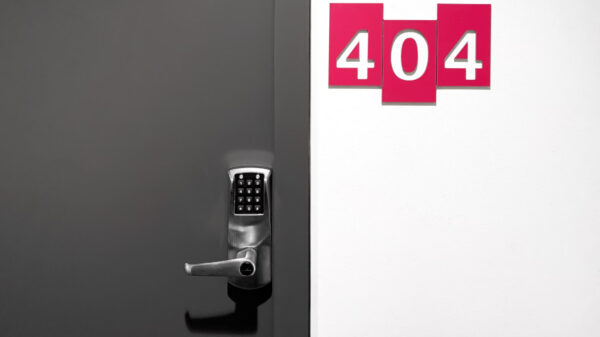Kaspersky announced a significant decline in the number of mobile malware its solutions have detected among users in the Philippines. From a high 34,010 malware detections in 2021, it was reduced 54% to 15,372 in 2022.
Despite the drop in detections, users are warned to be vigilant as cybercriminals are still working on developing both malware functionality and spread vectors.
In 2021, Kaspersky study showed that 70% in SEA believed that a security solution is needed to protect their phones from cyberattacks. Yet only 26% admitted installing security solutions on their devices. This shows that awareness about security solution is not enough as only three in 10 respondents have already installed it.
“Our monitoring shows that malware is increasingly spreading through legitimate channels such as official marketplaces and ads in popular apps. This is true for both scam apps and dangerous mobile banking malware. It’s a positive sign that people are now aware of cyber threats but awareness is not enough – it should ideally lead to action,” says Adrian Hia, managing director for Asia-Pacific at Kaspersky.
Kaspersky also disclosed that cybercriminals have switched their attention to the crypto industry as crypto-phishing attacks reached 24,737 in 2022, reflecting a sharp increase of 170% from only 9,164 in 2021. Representing 17% of the total SEA’s crypto-phishing attacks, the Philippines ranked second overall, next to Vietnam.
The hike in crypto-phishing attacks was attributed to the crypto market havoc last year, according to Kaspersky experts. They also said that the trend will carry on depending on the users’ trust on cryptocurrency.
Based on Kaspersky’s detection systems, an average of 400,000 new malicious files per day are discovered in 2022, reflecting a growth of 20,000 files per day compared with 2021. The new types of emerging threats range from advanced stealers targeting accounts of popular online gaming platforms or cryptowallets, to stalkerware that enables a perpetrator to secretly spy on another person’s private life via a mobile device.
To address these challenges and needs, Kaspersky introduced a new simplified product which has been divided into the following plans: Kaspersky Standard, Kaspersky Plus, and Kaspersky Premium. These plans are platform agnostic, and provide protection for different types of devices on Windows, Mac, iOS, and Android.
Kaspersky Standard provides consumers with security functionality, including real-time protection against the latest digital threats and Safe Browsing & Anti-Phishing, and defense from dangerous websites, downloads and extensions. It also offers users a Pre-Kaspersky virus removal tool that can find and remove viruses that may have found their way into users’ PCs before they installed Kaspersky. Apart from these, the plan includes a Firewall and Network Monitor showing which apps are connected to the Internet.
The Standard Plan is also equipped with performance tools including Quick Startup, PC Speed-Up, and Disk Space Cleanup. Game and Do Not Disturb modes, which switch on automatically during gaming, working or while streaming movies on a PC, ensure uninterrupted experiences and minimize the usage of system resources, allowing reallocation to priority tasks. Stalkerware detection plus webcam and mic protection are some privacy features available to subscribers.
Privacy capabilities are more prominent in Kaspersky Plus. Subscribers of this plan get access to everything available in Kaspersky Standard plus unlimited VPN and Premium Password Manager. They also get Data Leak Checker which monitors the internet and Dark Web, warning users if their private data has been compromised and providing recommendations on what to do next. The plan also includes Password Safety Status, which can enhance password protection by checking the safety status of passwords and their susceptibility to leaks. Users can also see which devices are connected to the home network.
Being the most feature-rich subscription plan, Kaspersky Premium adds to all the previous capabilities digital identity protection and premium technical support – with priority access to phone calls or chat services, remote expert installation help and personal PC health checks. To get comprehensive identity defense, users have access to Identity Protection Wallet which stores copies of sensitive data (such as passport or driver’s license) in an encrypted format to prevent identity theft and securely access data across all devices. Customers can also get a free one-year subscription of Kaspersky Safe Kids as a bonus.
“Keeping our consumers’ life secure and private is a priority for Kaspersky and we are proud to launch this new portfolio that is more than ever, aligned with the reality of the cyber threats landscape and with our customers’ needs,” said Charleen Caban, territory channel manager for the Philippines at Kaspersky.
Now available in IT stores nationwide, the new products retail for PhP690 (Standard), PhP890 (Plus), and PhP1,380 (Premium), for a one-year license for one device. The products are also available in Lazada and Shopee.



















